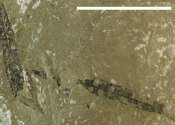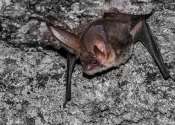Surf clams off the coast of Virginia reappear and rebound
The Atlantic surf clam, an economically valuable species that is the main ingredient in clam chowder and fried clam strips, has returned to Virginia waters in a big way, reversing a die-off that started more than two decades ...








